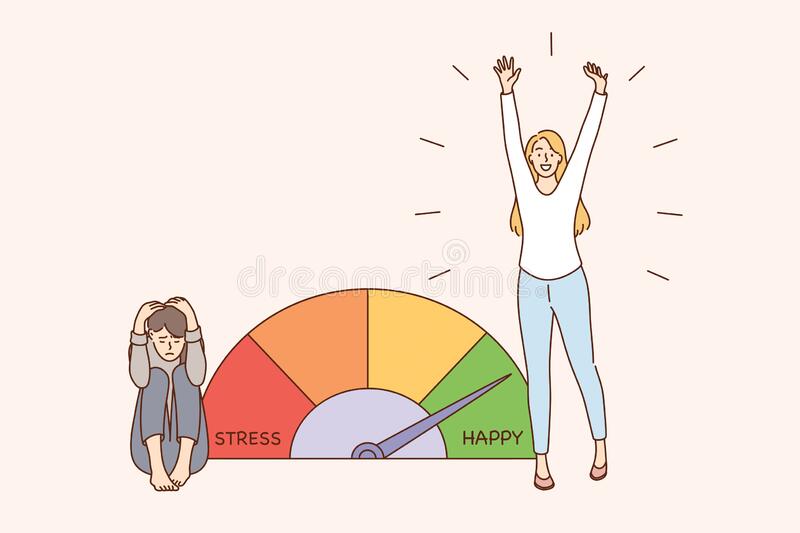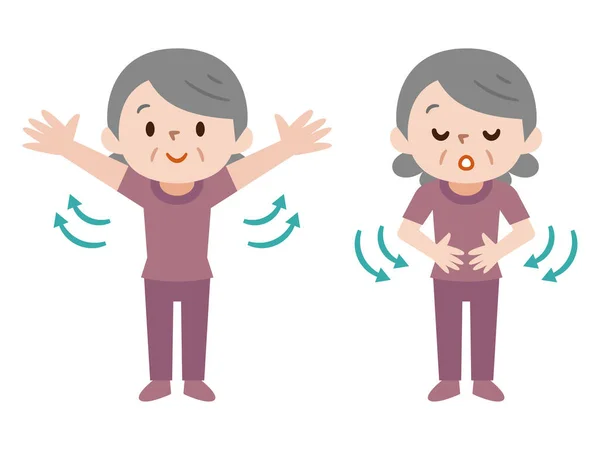Stress is a common problem that affects millions of people worldwide. While some stress can be helpful in keeping us motivated, too much stress can take a toll on our mental health, leading to anxiety, depression, and other mental health issues. Therefore, it’s essential to find effective ways to manage stress and improve our mental health.
What are some effective ways to relieve stress and improve your mental health?
If you’re looking to reduce stress and improve your mental health, there are several effective strategies you can try. Regular exercise, practicing mindfulness or meditation, and getting enough sleep can all help improve your mood and reduce anxiety. Additionally, taking breaks from work or responsibilities, finding enjoyable hobbies, and eating a healthy diet can all contribute to better mental health. It’s also important to set boundaries and say no to additional responsibilities when necessary. Finally, seeking professional help and practicing gratitude can further improve your overall well-being. By incorporating these strategies into your daily routine, you can proactively manage stress and improve your mental health.
Here are ten effective ways to relieve stress and promote overall well-being:
1 – Exercise regularly:
Regular exercise can help reduce stress by releasing endorphins, the body’s natural mood-boosters. It can also help improve sleep quality and reduce anxiety and depression.
2 – Practice mindfulness meditation:
Mindfulness meditation is a technique that involves focusing your attention on the present moment. It can help reduce stress, anxiety, and depression by teaching you to stay focused on the present and avoid worrying about the future.
3 – Get enough sleep:
Lack of sleep can increase stress levels, so it’s essential to get enough sleep. Aim for at least seven hours of sleep each night.
 4 – Eat a healthy diet:
4 – Eat a healthy diet:
A healthy diet can help reduce stress by providing your body with the nutrients it needs to function properly. Eat plenty of fruits, vegetables, whole grains, and lean proteins.
5 – Reduce caffeine and alcohol intake:
Caffeine and alcohol can increase stress levels and interfere with sleep quality, so it’s essential to limit your intake.
6 – Spend time with loved ones:
Spending time with family and friends can help reduce stress and improve your mood. Social support is crucial for maintaining good mental health.
7 – Take breaks:
Taking breaks throughout the day can help reduce stress and improve productivity. Try to take a few minutes every hour to stretch, walk, or just take deep breaths.
8 – Practice deep breathing:
Deep breathing exercises can help reduce stress by slowing down your heart rate and relaxing your muscles. Try taking a few deep breaths when you’re feeling stressed.
 9 – Seek professional help:
9 – Seek professional help:
If you’re feeling overwhelmed or experiencing symptoms of anxiety or depression, seek professional help. A mental health professional can provide you with the support and guidance you need to manage your stress and improve your mental health.
10 – Make time for hobbies and activities you enjoy:
Engaging in hobbies and activities you enjoy can help reduce stress and improve your mood. Whether it’s reading, painting, or playing music, find something that brings you joy and make time for it regularly.
In conclusion,
managing stress and improving your mental health is essential for overall well-being. By incorporating these ten effective methods into your daily routine, you can reduce stress levels and improve your mental health. Remember to prioritize self-care and seek professional help if needed.

 4 – Eat a healthy diet:
4 – Eat a healthy diet: 9 – Seek professional help:
9 – Seek professional help:




